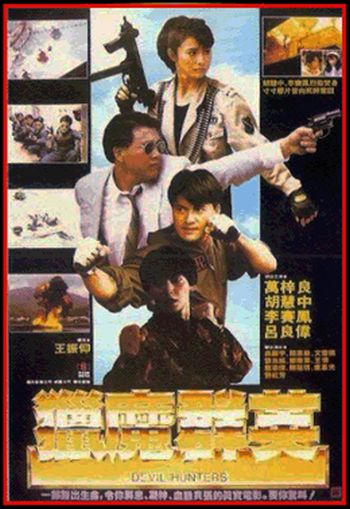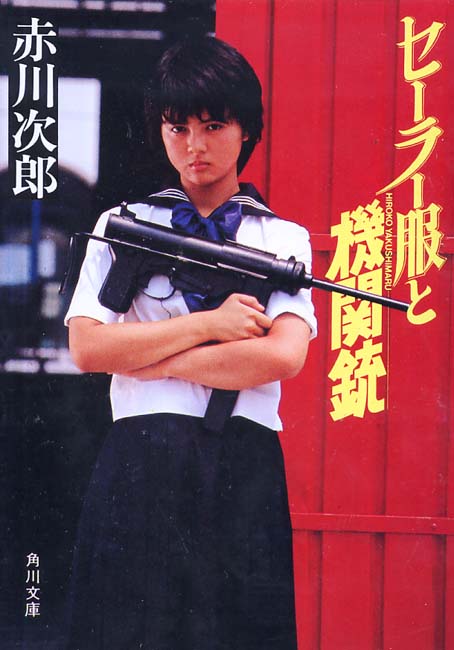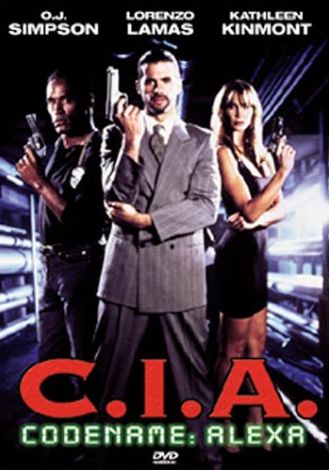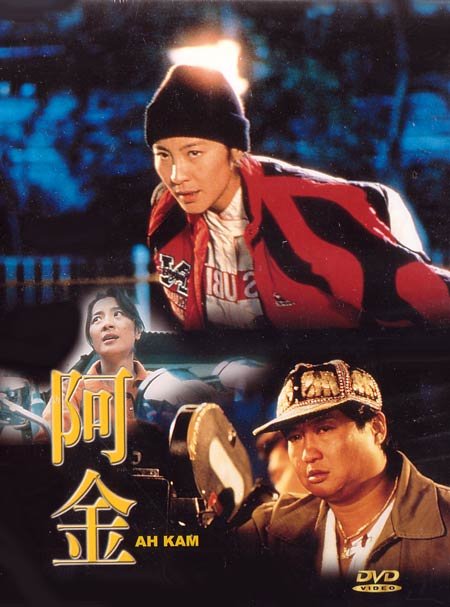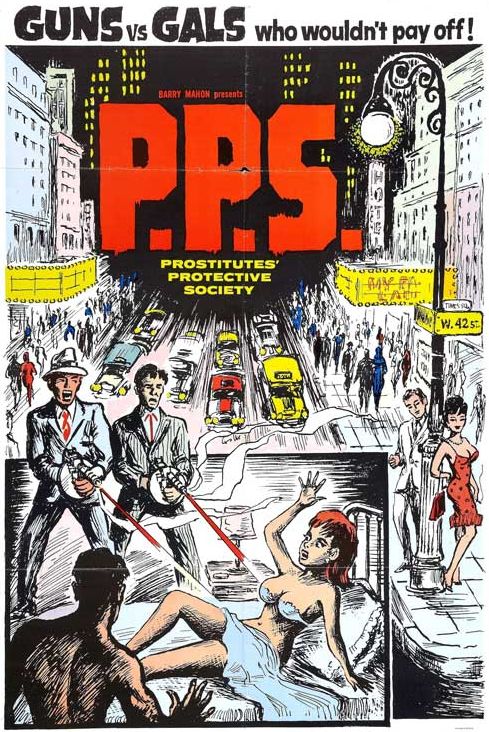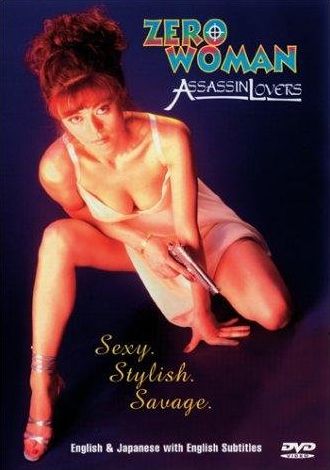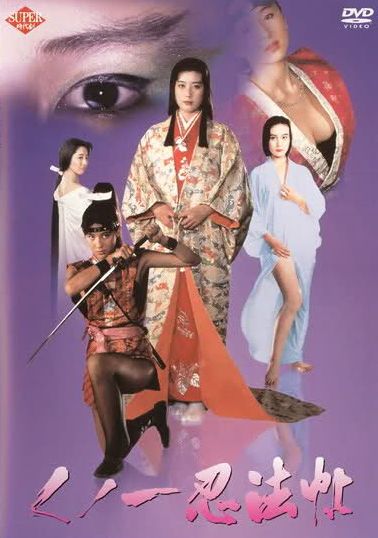★★★
“Should have paid more attention in history class.”
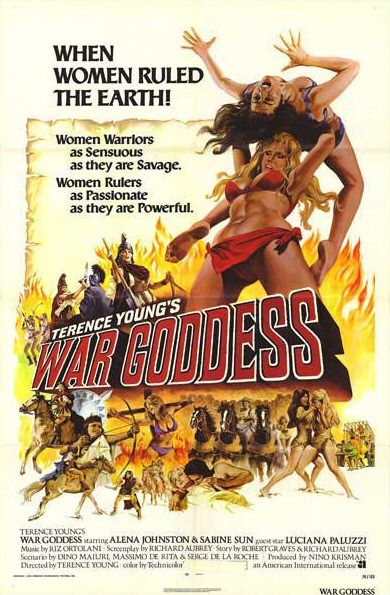 The Amazons are a tribe of women, who have seceded from the rest of the world, and set up a state purely composed of their own sex. For reproductive purposes, there’s an annual get-together with men – preceded by exercises to prevent any feelings except for abhorrence – and every four years, contests (javelin throwing, running, archery, etc.) to choose the queen. Which is where we come in, with blonde Antiope (Johnston) defeating brunette Oreitheia (Sun). The new ruler believes the tribe have gone soft, and also wants a return to a more egalitarian society; this doesn’t sit well with Oreitheia, or a lot of the other high Amazons, and a coup d’etat is soon being planned. Meanwhile, the annual Bonkapalooza poses problems of its own, as Antiope finds herself with feelings for Greek king Theseus (Infanti), who in turn feels guilty about having inadvertently sent the tribe into a Scythian ambush.
The Amazons are a tribe of women, who have seceded from the rest of the world, and set up a state purely composed of their own sex. For reproductive purposes, there’s an annual get-together with men – preceded by exercises to prevent any feelings except for abhorrence – and every four years, contests (javelin throwing, running, archery, etc.) to choose the queen. Which is where we come in, with blonde Antiope (Johnston) defeating brunette Oreitheia (Sun). The new ruler believes the tribe have gone soft, and also wants a return to a more egalitarian society; this doesn’t sit well with Oreitheia, or a lot of the other high Amazons, and a coup d’etat is soon being planned. Meanwhile, the annual Bonkapalooza poses problems of its own, as Antiope finds herself with feelings for Greek king Theseus (Infanti), who in turn feels guilty about having inadvertently sent the tribe into a Scythian ambush.
I don’t think I’ve often been so confused by a film’s approach, but this is so uneven in tone, I had to watch twice to get any kind of handle on it. For example, it starts with a jokey set of captions about how this maybe didn’t really happen, then swings in to the competition to be queen, peaking in seriousness with Antiope’s “pipe bomb” speech post-inauguration, which is radical to the point of almost revolutionary. But before you know it, you’re back to sub-Benny Hill antics involving bawdy comedy, or interpretive dance. This roller-coaster ride has Antiope apparently going from conception to birth in what feels like three days, without ever passing through pregnancy. It ends in a massive disappointment, which sees Antiope transformed from a warrior queen into little more than a simpering underling to Theseus, concerned that she might have to ask him for money to buy new sandals. Guess the sex war is over, guys – and we won. Woo-hoo!
Not to say there isn’t plenty here to enjoy, because it’s clear a lot of work went into this, and there’s no shortage of spectacle. Okay, some of it was work you might not have minded. According to Raw Panic, “Director Terence Young and colleagues reviewed 14,000 photographs and conducted “Miss Amazon” contests in Trieste, Paris, Hamburg, Munich, Rome and Nice to come up with the 100 women who are the Amazons.” Hey, it’s a dirty job, but someone’s got to do it… Those selected, “then endured a six-week training regimen that included riding, calisthenics and running from early in the morning until lights out. They did mostly their own stunts too; several girls had broken legs and one lost a finger under a chariot wheel.” If the results are somewhat uneven – some still look unsure about which end of a sword is which – most of the featured actresses are competent enough. Young is probably best known for his role in kick-starting the 007 franchise, directing both Dr. No and From Russia With Love – I was certainly reminded of the classic “gypsy camp catfight” sequence from the latter by a couple of moments here.
Yeah, if there are two scenes you’ll remember, it’s the brawls between Antiope and Oreitheia. The first is to decide who wears the crown, and involves the pre-fight application of “holy oil,” one suspects more for aesthetic than ecclesiastical considerations. The second is when Oreitheia’s midnight assassination attempt is uncovered, and appears to exist in two versions: one bikini-clad, the other entirely nude, depending on the market. You can catch a glimpse of the former in the trailer below; the less-encumbered, NSFW version can be seen in the Italian promo. Go ahead. We’ll wait for you here. :) There. Wasn’t that fun? Credit is due to both Johnston and Sun, who take on material that often strays to questionable or even laughable, with a straight-faced intensity which is rather more than it deserves. It’s a shame that some of the others involved, on the other side of the camera, weren’t apparently willing to take this as seriously.
Dir: Terence Young
Star: Alena Johnston, Angelo Infanti, Sabine Sun, Rosanna Yanni
a.k.a. Le guerriere dal seno nudo
a.k.a. The Amazons





